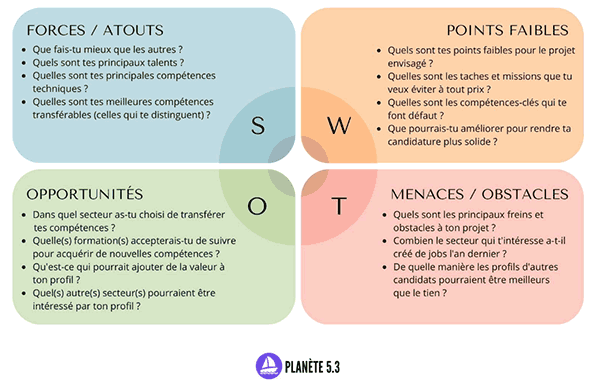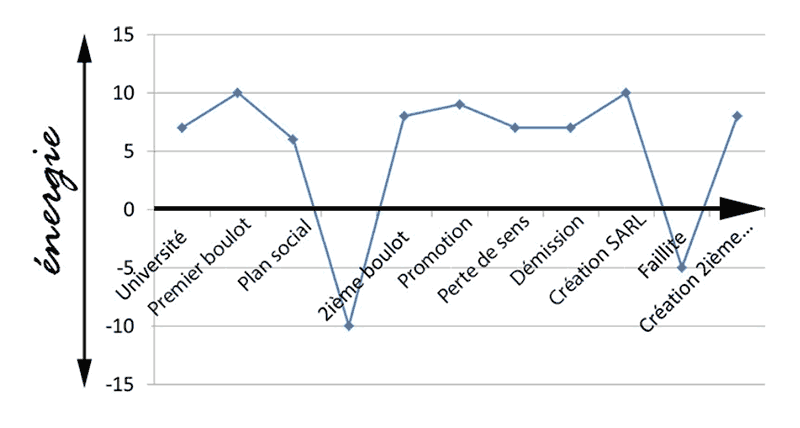Friday, June 18, the National Medicines Safety Agency confirmed a “possible role of the vaccine” developed by Pfizer / BioNTech in the occurrence of rare cases of myocarditis, an often benign cardiac inflammation.

- The ANSM confirmed on Friday that the Pfizer/BioNTech vaccine played a “possible role” in the occurrence of cases of myocarditis in young adults.
- In France, 29 cases of myocarditis have been reported since the beginning of the year, including 14 retained by the ANSM.
- The patients concerned are mostly young men. median age of 28 years. 93% of them are now “recovered or in the process of recovery”.
“The monitoring committee accepts the hypothesis of a possible role of the Comirnaty vaccine in the occurrence of myocarditis”indicated the National Agency for the Safety of Medicines and Health Products (ANSM) in its weekly monitoring point side effects of vaccines against Covid-19.
On April 30, the ANSM announced that it had identified five cases of myocarditis in France in people who had received a dose of the vaccine developed by Pfizer/BioNTech. This inflammation of the heart muscle had already been reported in Israel in 62 young men and women who received a second dose of the Comirnaty vaccine, out of 5 million vaccinated. “The available data do not provide, at this stage, enough elements to conclude on a role of the vaccine, but nevertheless constitute a potential signal”then specified the health agency.
In total, since the beginning of June, 29 cases of myocarditis have been reported since the start of follow-up in France, including 14 retained “in view of the level of completeness of the clinical data collected”. For 9 of these cases, the clinical and pharmacological expertise concluded that the vaccine was probably imputable, estimates the ANSM, which also details the profile of the patients concerned. Of the 14 patients concerned, 9 are men, with a median age of 28 years. 93% of them are now “recovered or recovering”.
Myocarditis, an often benign inflammation
Myocarditis is an inflammation of the myocardium, the heart muscle. Often of infectious origin, myocarditis is asymptomatic and benign in the majority of cases. However, it must be subject to medical supervision to prevent the risk of serious cardiovascular complications.
In the event of myocarditis, certain symptoms may appear, often similar to those of the flu: fatigue, generalized weakness, fever and headache. In more severe cases, chest pain, arrhythmia, palpitations or difficulty breathing may be seen.
However, the National Medicines Agency wants to be reassuring. Since the start of vaccination with the Pfizer/BioNTech vaccine, 25,983 cases of adverse effects have been analyzed. Most of the observed effects are “expected and not serious”such as injection site pain or headache, out of more than 32.9 million injections performed as of June 10.
.

















